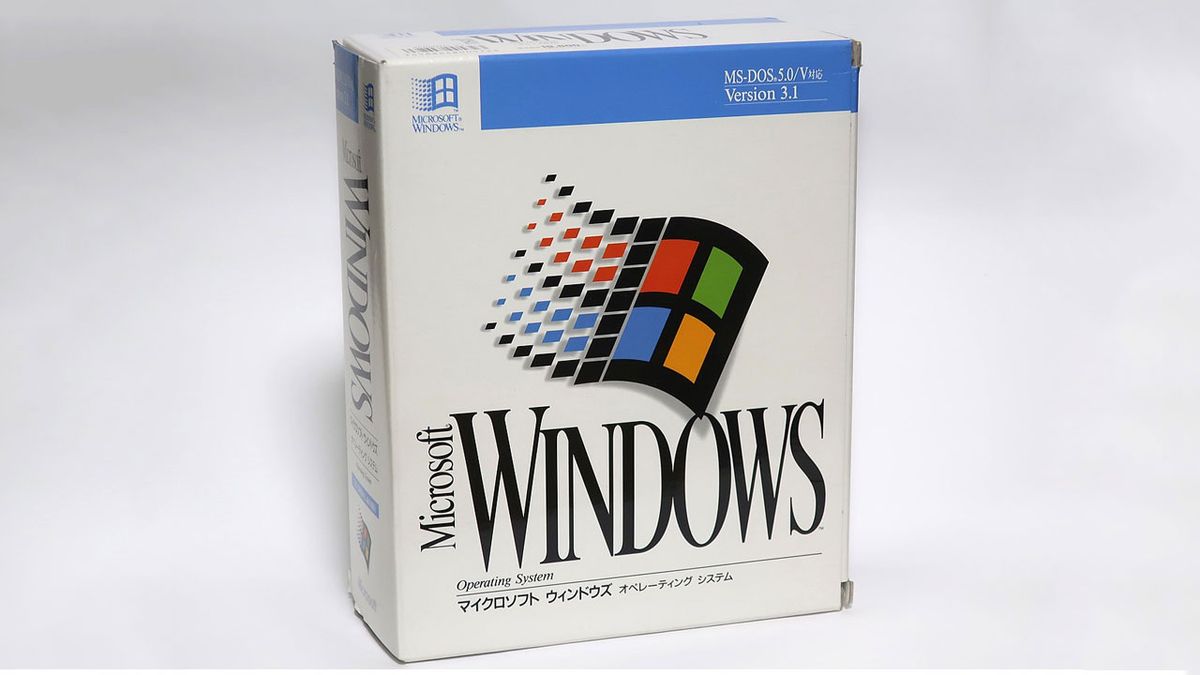Southwest Airlines, the fourth largest airline in the US, is seemingly unaffected by the problematic CrowdStrike update that caused millions of computers to BSoD (Blue Screen of Death) because it used Windows 3.1. The CrowdStrike issue disrupted operations globally after a faulty update caused newer computers to freeze and stop working, with many prominent institutions, including airports and almost all US airlines, including United, Delta, and American Airlines, needing to stop flights.
Windows 3.1, launched in 1992, is likely not getting any updates. So, when CrowdStrike pushed the faulty update to all its customers, Southwest wasn’t affected (because it didn’t receive an update to begin with).
The airlines affected by the CrowdStrike update had to ground their fleets because many of their background systems refused to operate. These systems could include pilot and fleet scheduling, maintenance records, ticketing, etc. Thankfully, the lousy update did not affect aircraft systems, ensuring that everything airborne remained safe and were always in control of their pilots.



ChromeOS literally is Linux so obviously it can do everything that Linux can. It is effectively a SUPERSET of Linux
Now you are being ridiculous. We are talking about code than runs in the kernel but is not part of any official kernel module including device drivers.
What I thought is that you had common sense.
Dude you are the person who thinks that the cloudstrike code running in the kernel that is neither part of the kernel nor part of any official kernel device driver code is somehow equivelent to the actual kernel. You are also the person who made the completely nonsensical claim that ChromeOS Linux “can’t do nearly the same things” of Linux. So GTFO with the snarky shit, because I’m the one wondering how you can be so confused about basic stuff.
I’ve been using the internet since 1983. How bout you? LMFAO.
Because you didn’t do enough research. My Chrome OS comes with an outer VM, an inner VM, the heavily locked down user mode, and the kernel mode. My Linux programs run in the outer VM by default. I would have to turn on developer mode just to get to the actual user mode.